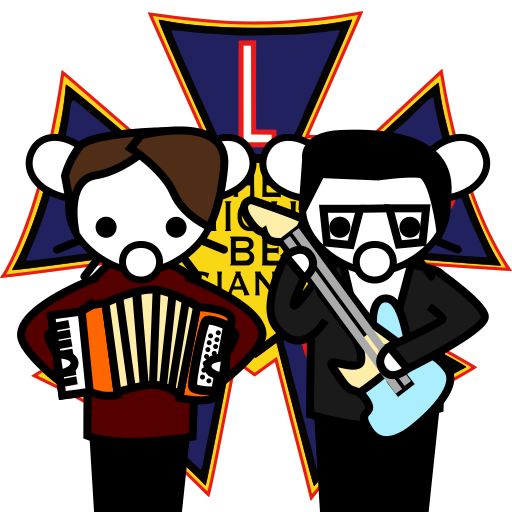

Glorious use of sarcasm.
In terms of writing, they really captured him well on Prodigy, though he was almost entirely a comic relief character.
Looks-wise, he definitely triggered the uncanny valley and was one of the worse aesthetic adaptations of a legacy character in that show. In general, there are some unintentionally terrifying officers on that show.
I do have to say that was one thing Lower Decks did well - when they brought on a legacy character, they were aesthetically recognizable, but never a caricature.








It took a good minute for me to decode that acronym.
I guess I usually don’t acronym that film and just refer to it as VI or by its full name